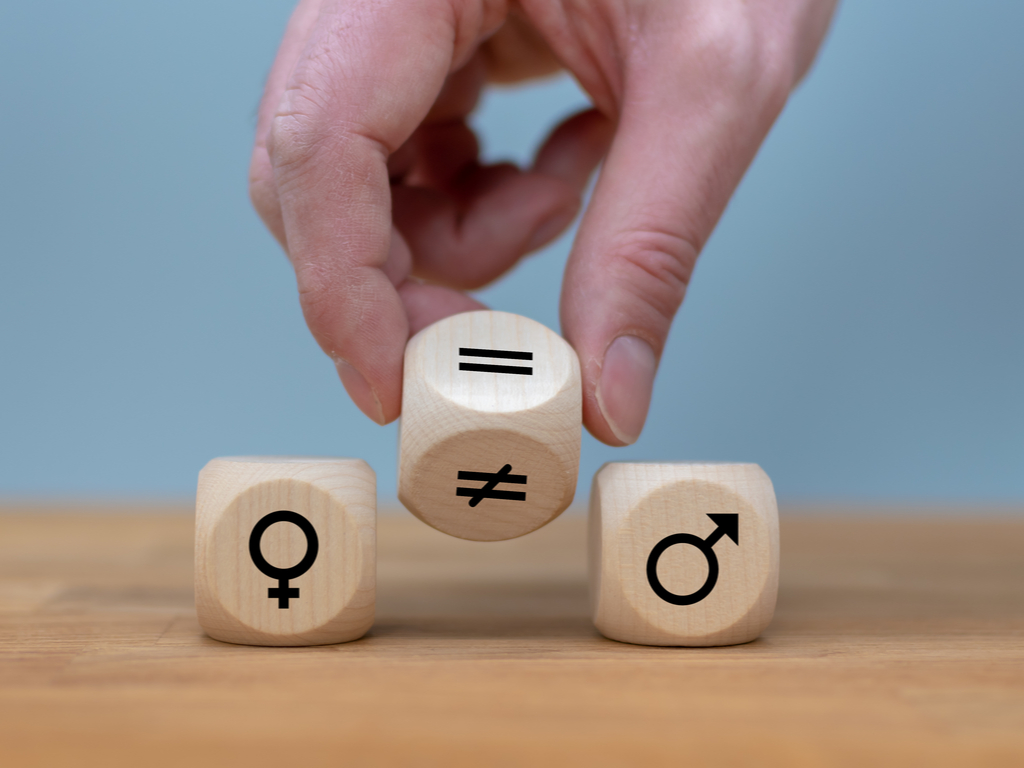Teona Kupunia, expert on gender issues (Georgia)
In July 2020 UN Women and UNFPA, together with the European Union have launched a three-year regional program to tackle gender stereotypes and gender-based violence in six countries of the Eastern Partnership: Armenia, Azerbaijan, Belarus, Georgia, Moldova, and Ukraine.
The program, entitled “EU 4 Gender Equality: Together Against Gender Stereotypes and Gender-Based Violence,” ultimately seeks to strengthen equal rights and opportunities for women and men by challenging perceptions about men’s and women’s roles in the family and in society and working to eliminate gender-based violence.
We have interviewed leading experts from Eastern Partnership countries to hear about gender equality issues in their home countries. Here are the answers from the expert on Georgia.
Women face a plethora of cultural, professional, and societal barriers to equal participation in all aspects of life in Georgia. Domestic violence remains a persistent and widespread problem, and the number of femicides is high. Gender stereotypes and patriarchy perpetuate the belief that women are primarily caretakers. There is 36% pay gap in Georgia between women and men and the state does not have a concrete vision/policy to minimize/close the gap.
Violence against women remains to be one of the major challenges for women in Georgia. According to NDI’s December 2017 poll, when asked what are the major issues faced by women in Georgia, 81% of the respondents named domestic violence which was followed by early marriages (72%) and sexual harassment (56%).[1]

Women are significantly under-represented at decision making levels in government, business, and elected office. Women hold only 15 percent of seats in parliament. The picture is worse in local government, where only one out of 64 mayors and 13 percent of the 2,058 local council (sakrebulo) members are women. As such, more than half the population has minimal voice in the decision-making and policies affecting their lives. Legislation is written by men, based on men’s analyses of needs and priorities, and without any assessment of its impact on women.
Gender equality, however, is ensured on the legislative level. New amendments introduced to the Constitution of Georgia mandate the state to ensure equal rights and opportunities for men and women and provide new guarantees for substantive gender equality.
I hope the new program will be able to support achieving substantive gender equality in Georgia. Education and awareness raising play crucial role in changing public attitudes toward myriad of issues including those that may seem controversial at first.
[1] https://www.ndi.org/sites/default/files/NDI%20poll_December_2017_POLITICAL_ENG_final.pdf




